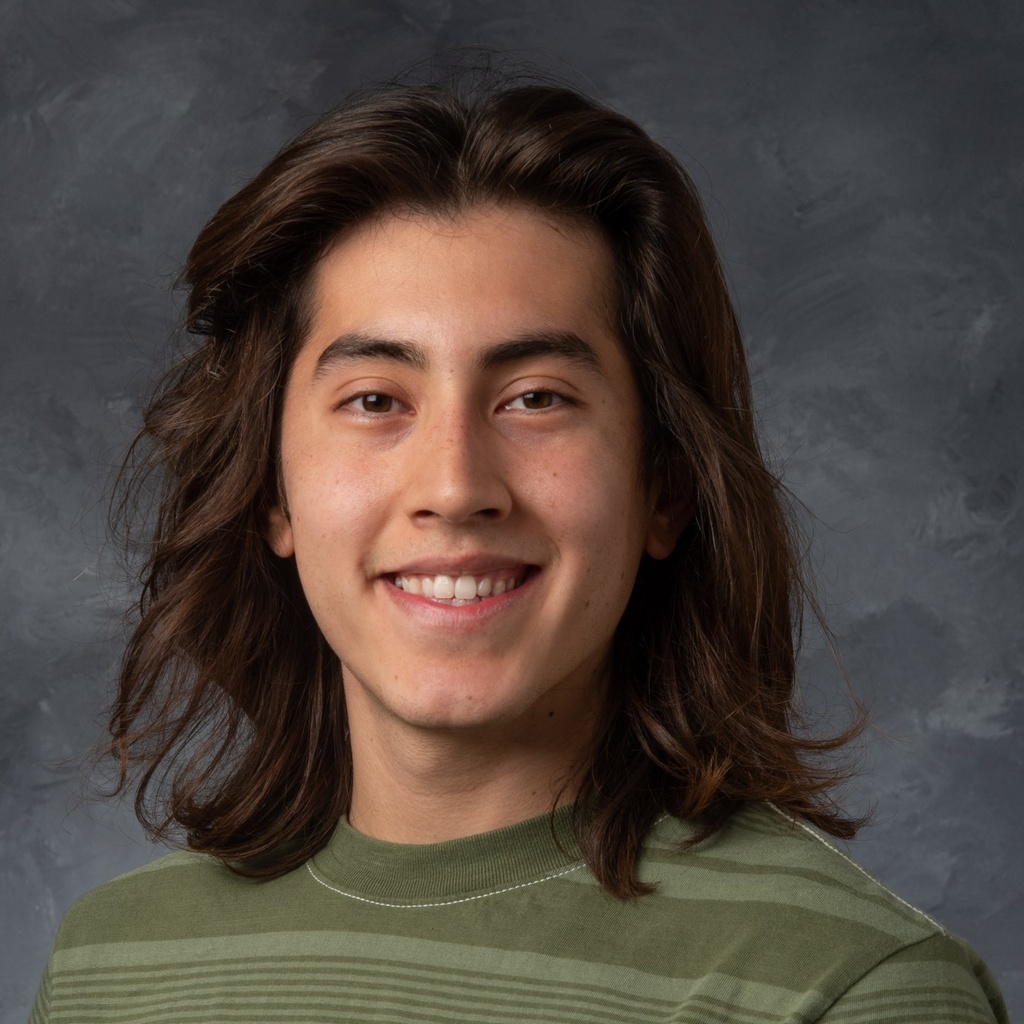
Evidence for Higgs boson decay to a pair of muons & Phase II Outer Tracker Upgrades
Dylan Blend
In mid-2022, the Large Hadron Collider (LHC) at CERN began Run 3. In this investigation, the LHC will produce proton-proton collisions at the energy of 13.6 TeV, in collaboration with the CMS experiment, to search for significant evidence of the Standard Model Higgs boson decaying to two muons. Specifically, our group will search for this interaction via the vector boson fusion (VBF) channel. Furthermore, upgrades to CMS need to be performed in preparation for the High-Luminosity Large Hadron Collider (HL-LHC) project. Specifically, the CMS Outer Tracker (OT) will now be able to single out beam crossings with tracks in excess of 2 TeV of transverse momentum and associate physics objects with the high transverse-momentum tracks. The OT will replace the strip tracker and is expected to operate for nearly a decade without any needs for repairs. These operations will be partially conducted at the Fermi National Accelerator Laboratory located just outside Batavia, Illinois. The Fermilab OT group is responsible for the assembly and testing of over 1,250 PS modules and 1000 2S modules. Overall, in combination with the OT upgrades this will increase the integrated luminosity of the LHC by a factor of 10.